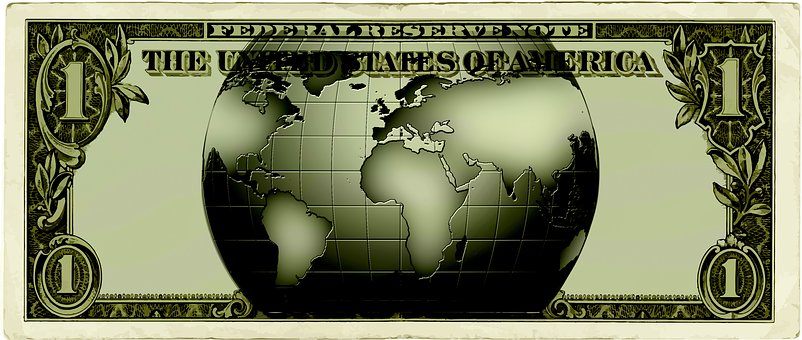
How a $15.00/hr. Minimum Wage Increase Would Affect the U.S.
The federal minimum wage was created in 1938. Since 1938, in the last 81 years, minimum-wage has increased from $.25 to $7.25. For the longest time in history, Congress has not raised the wage (over 10 years). The federal minimum wage is currently $7.25 an hour. The Congressional budget office is evaluating the impact of raising the federal minimum wage. A new report considers what the impact in our country would be if the federal minimum wage was raised to $15 an hour.
Of course, raising the minimum wage would be a hot-topic issue and a reported 27 million people would benefit from the increase in pay. There are arguments for and against raising minimum wage to $15 an hour by the year 2025. Some critics opposed to raging raising the minimum wage say employees would lose their jobs because employers would not be able to afford that wage. Currently, it is uncertain that the increase in the wage would have an effect on employment.
The United States currently has a minimum wage of $7.25 per hour. A poll reveals that 55% of registered voters would support raising minimum wage to $15. Inflation in our nation is holding steady, but the purchasing power of the $7.25 minimum wage has declined over the last 10 years. With a purchasing power decrease at the current minimum wage, full-time minimum wage workers experience a $3000 loss and annual earnings.
Let’s view this in another way: in 1968 buying power reached its peak, and minimum-wage lost 31% in purchasing power. When all this is taken into consideration, essentially minimum wage workers “earn ” approximately $6800 less than they would have earned in 1968. In 1968 the minimum wage was $1.60. The impact on the federal budget and raising the wage even to 10 or $12 is not clear. Yes, raising the minimum wage to $15 an hour would boost pay for almost 17,000,000 workers. On the other hand, concerns are that possibly 1.3 million workers will lose their jobs as a result of increase in minimum wage.
















